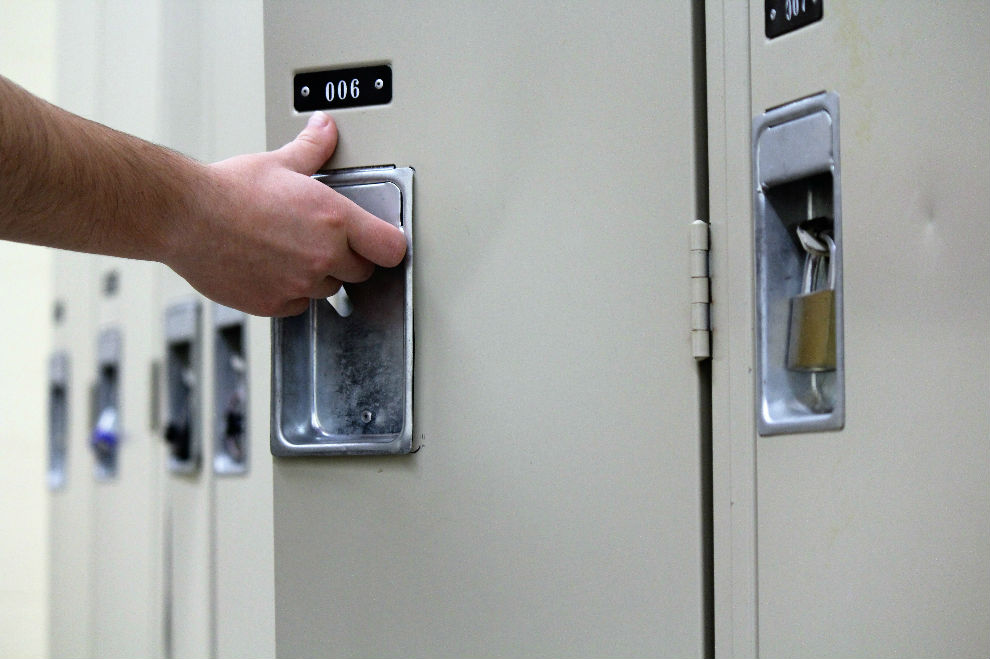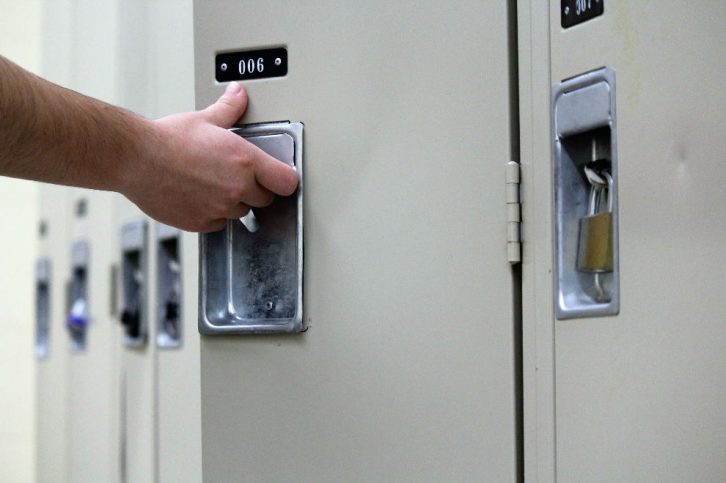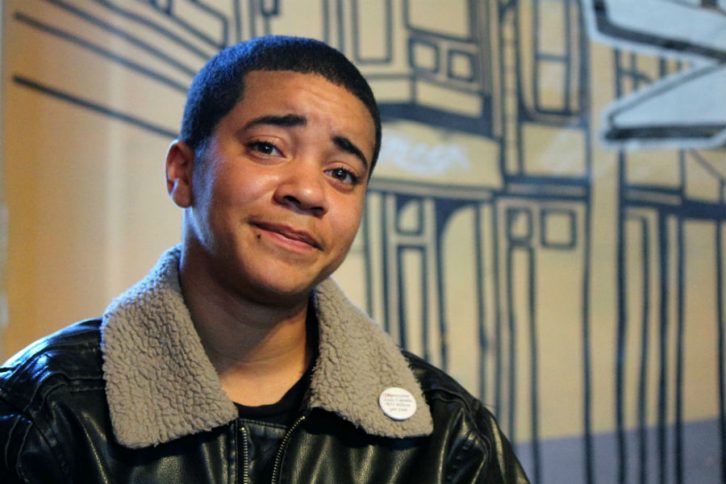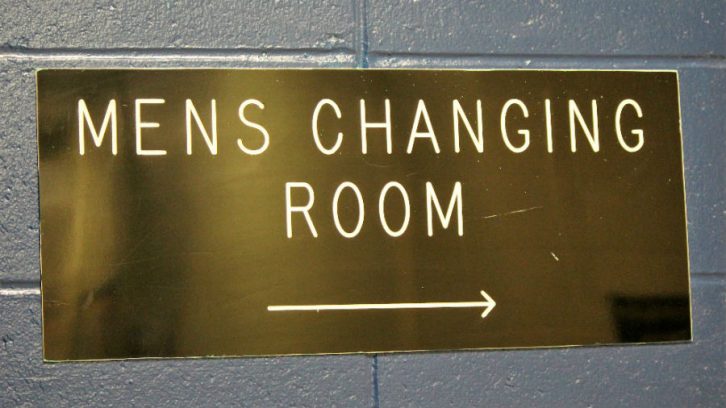Life
Q&A: The transition from being cat-called to bonding with the guys
'People ask, how did I know that I am a man, and honestly I don’t know how to answer'

caption
[media-credit id=101089 align=”alignnone” width=”726″] [/media-credit]
[/media-credit]
From Donald Trump’s version of “locker room talk” to social pressures to drink a lot of alcohol and eat a lot of food – stereotypes and social pressure about what it means to be a man can be harmful.
As a transgender man, Des Adams has experienced a culture of misogyny from a shifting perspective.
At a young age, when he was perceived as a woman, Adams dealt with blunt misogyny; as he grew up he went on to deal with homophobia, transphobia and finally, the social pressures to act in “manly” ways that contribute to misogyny.

caption
Des Adams shares his transitioning experience of misogyny.The 27-year-old from Dartmouth is a poet and an advocate for trans rights. The Signal talked to Adams about his shifting experiences with misogyny and gender:
Q. Before you transitioned, are there any memorable ways that you experienced misogyny?
A. My first boyfriend, if you can count him as that. We were good friends before we became boyfriend and girlfriend. But as soon as I became “his girlfriend,” everything changed, it wasn’t like we were friends anymore; it felt like I became his property and he started making all sorts of jokes with his friends – he’d call me his bitch.
Q. Were there any other experiences that stand out in your memory?
A. Cat-calling was a huge thing. There was this one guy who drove a dump truck and I’d see him drive by every day and he’d slow the truck down basically just to yell out of the car. It made me feel awful, less than human. Like I was an object, like I had no feelings, no rights, no say.
Eventually it just felt unsafe, because you don’t know where people are going with cat-calling. I’d be worried about being followed or further harassed. Cat-calling was a huge thing in high school.
Q. Did that change as you started to transition?
A. No. People would cat-call even more if I was dressed in masculine clothing. The calls just changed. They’d call out saying things like, “I need dick” and all sorts of worse things.
Q. Did stereotypes about what it means to be a man affect you as you decided to transition?
A. I was raised in a theatre. My mom is an artist, a writer, a journalist and my step-father owned a theatre company. I was always surrounded by men who were in the arts and there were a lot of other queer people in my life, too. I was around a lot of people who were just comfortable with who they are and didn’t necessarily follow the “‘I’m a man, I play football”’ stereotypes or put those kinds of pressure on me at the time.
Q. With that in mind, when you were thinking about transitioning, how did you know that you were a man, what did that mean to you?

caption
Adams started transitioning when he was 17 by using solely he/him pronouns. He started hormone treatment shortly after. By the time he was 20, people were generally perceiving him as a man.A. People will ask me, how did I know that I am a man, and honestly I don’t know how to answer that. It’s just a feeling. I can say, hormones helped me! I feel more comfortable, like I’m myself when I take hormones and dress how I do.
I kind of feel like saying, “I’m a man!” doesn’t matter as much to me anymore. The word can have so much insecurity attached to it. Like, don’t talk about your feelings, don’t cry, bottle up your emotions? No, that’s not me.
But at the same time, I’m most comfortable with who I am when I express myself the way that I do now. Some people define it as hyper-masculine with the way I dress and stuff but I’m just expressing how I feel.
Q. Now that you’ve transitioned and people perceive you as a guy, do you find people treat you differently?
A. Yeah, actually, some of my family members stopped hugging me. It’s not at all because they’re being transphobic, it’s just they’re more likely to give me props or a handshake or whatever.
It’s extremely confusing because on the one hand, it’s validating that they are recognizing me as a man like this but on the other hand, where’s the love? Why is there such a different protocol for men and women?
Q. Has your experience with misogyny changed since you transitioned.
A. Now guys will try to bond with me over misogyny. People knew I was queer, at least since juniour high, and they would be like, “Oh, we can check out girls together.” But once I started to be read as a male people say some really stupid things as if I’m supposed to agree with them.
One time a guy asked me, if rape was legal, would I? As if that was a regular having a smoke kind of group conversation that I was supposed to agree with! And you’d be surprised how many guys said yes …. I think it was this twisted way they were bonding over something that they saw as masculine and powerful and suddenly I’m invited into this conversation. It was gross.

